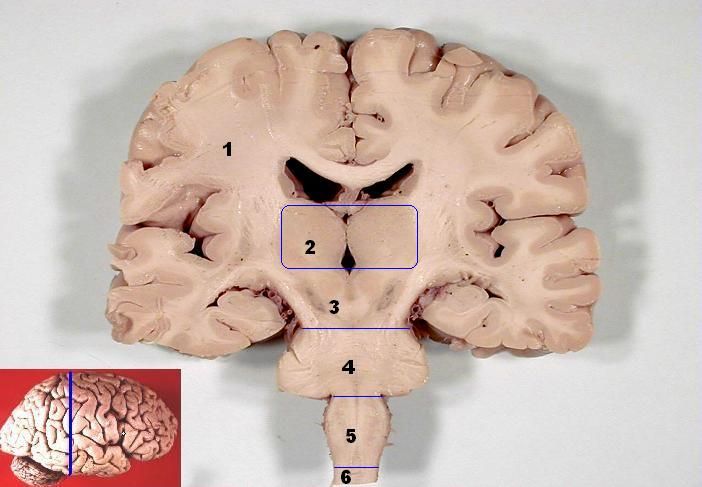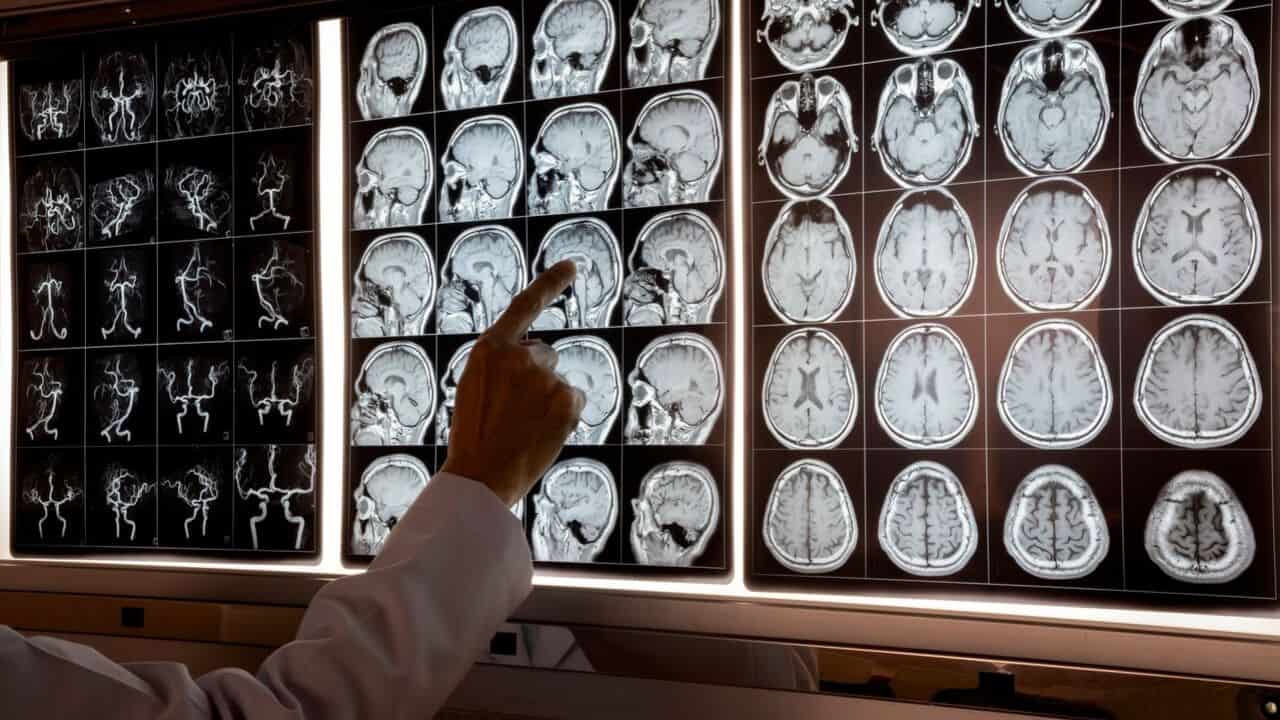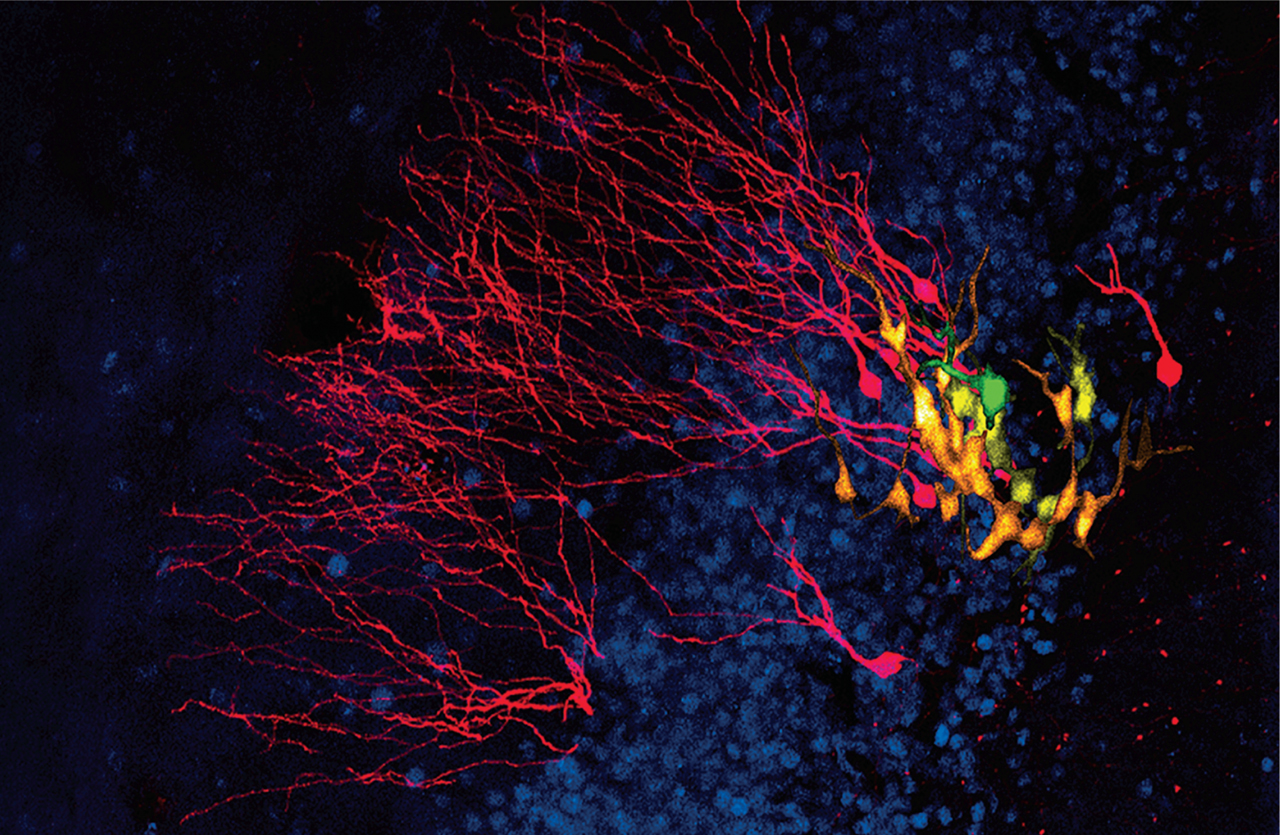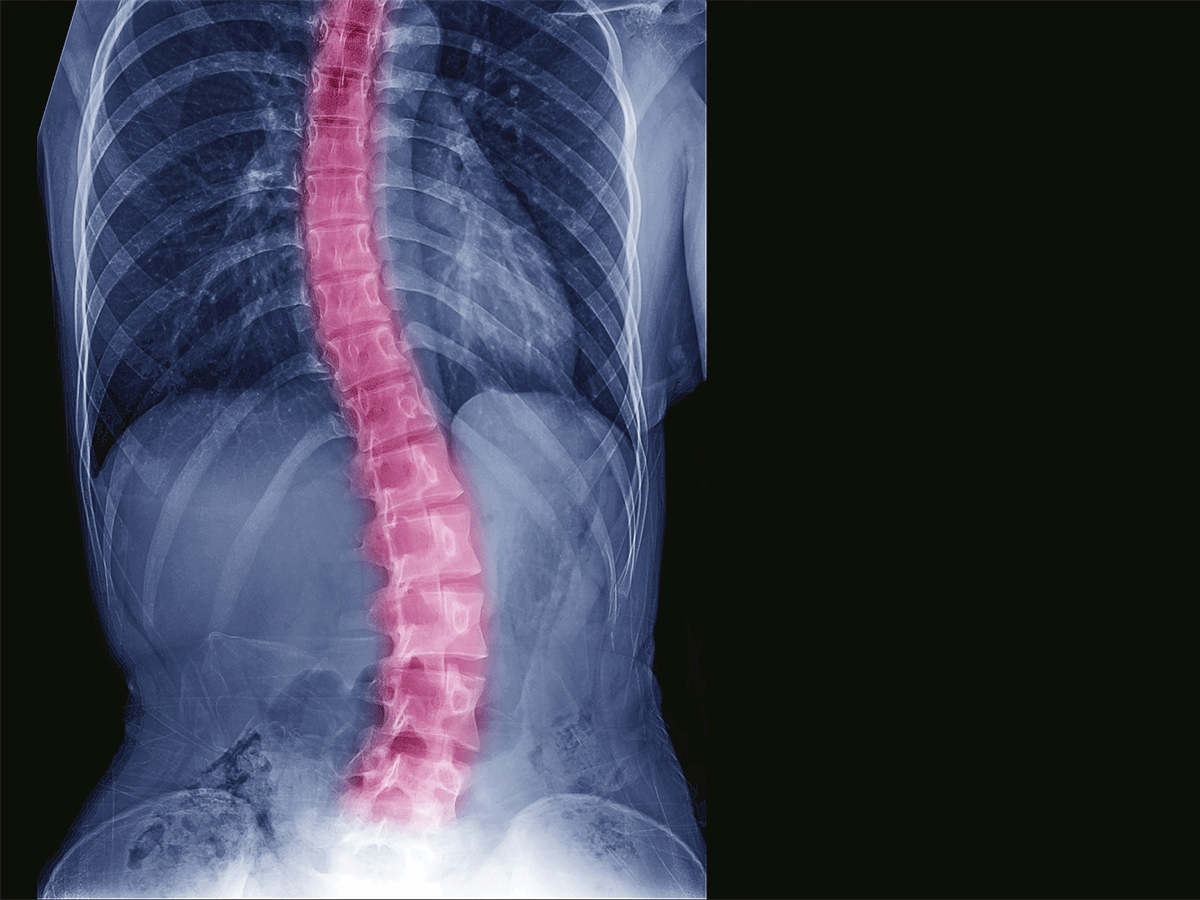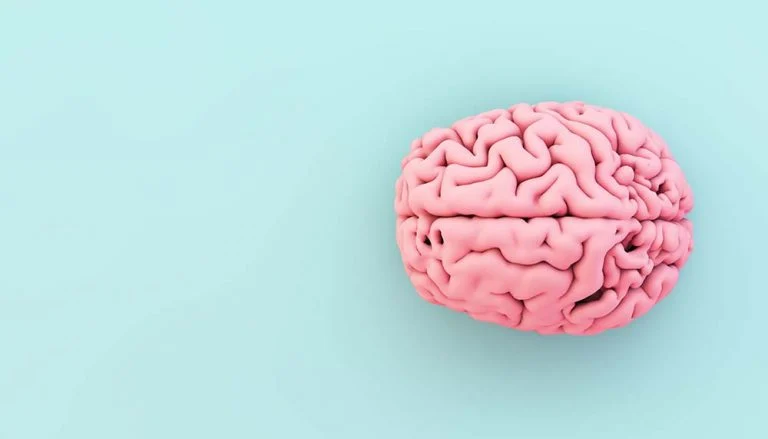Researchers discover a new form of early-onset Alzheimer’s disease
Researchers uncovered a new form of early-onset Alzheimer's disease (AD) arising before 65 years of age.
Study explores a new non-dopamine reward circuitry in the brain
New research in Nature Neuroscience shows that other pathways may lurk beyond dopamine.
Researchers inch closer to fully understanding how brain cells conduct antidepressant action
The study centered on a factor closely related to the action of antidepressants, known as the Brain-Derived Neurotrophic Factor.
Neuroinflammation and amyloid pathology may both be pivotal for Alzheimer’s disease
Amyloid pathology and brain tissue inflammation may lead to extensive brain damage and cognitive impairment, study finds.
Study finds impact of genes on risk of disease decreases with age
Experts at the University of Oxford examined genomic data from half a million people in the UK Biobank.
How virtual reality may decrease pain and anxiety in children
The study was conducted by researchers at Children's Hospital Los Angeles.
Study examines the relationship between Dark Tetrad traits and conspiracy ideation
The study was released online in Personality and Individual Differences.
Study shows transcranial direct current stimulation may increase gait and the benefits of exercise
The study involved 20 participants as part of randomized, double-blinded research conducted by experts at São Paulo State University in…
How the hormone irisin may enhance the cognitive benefits of exercise
The study appeared in the journal Nature Metabolism.
Poor exercise and nutrition habits may increase the risk of dementia
The study was released in Alzheimer's & Dementia: The Journal of the Alzheimer's Association.
New study finds risdiplam effective for infants with spinal muscular atrophy
Researchers examined 41 participants in infancy at approximately one to seven months of age with Type 1 spinal muscular atrophy.
Study indicates white matter organization may be associated with better language skills in young children
The Boston-led study appeared online in the journal Developmental Cognitive Neuroscience.


